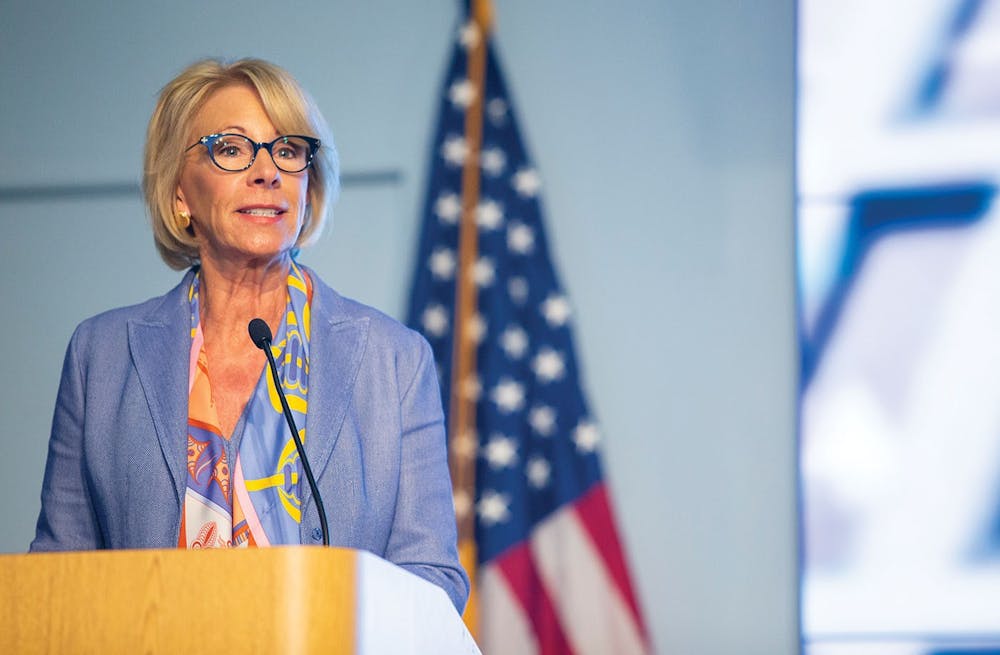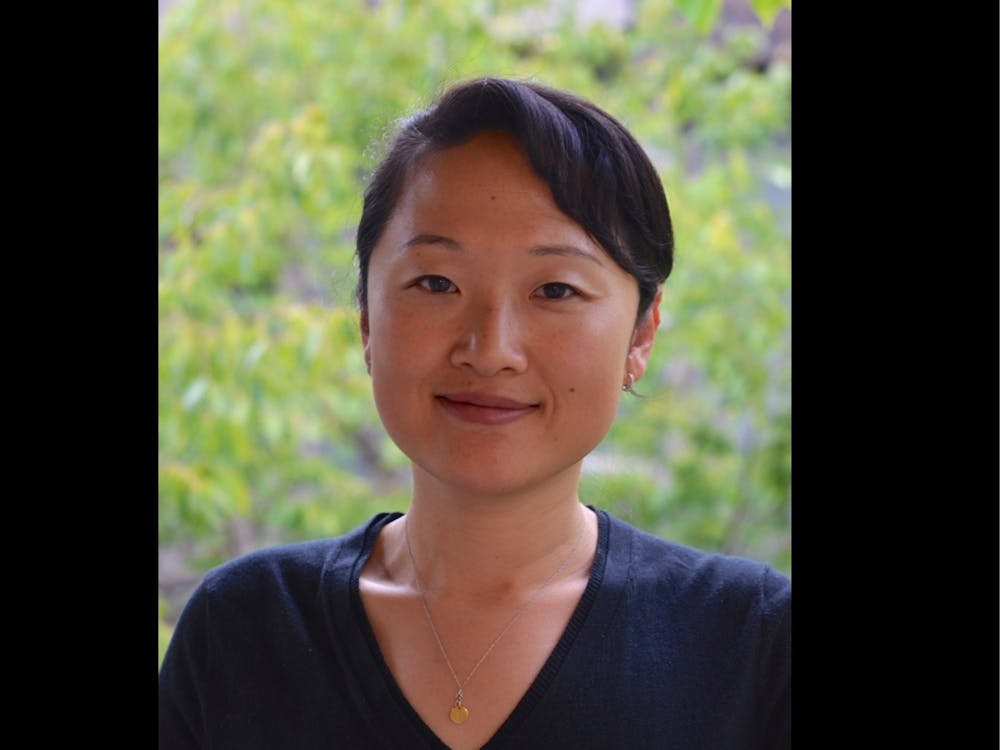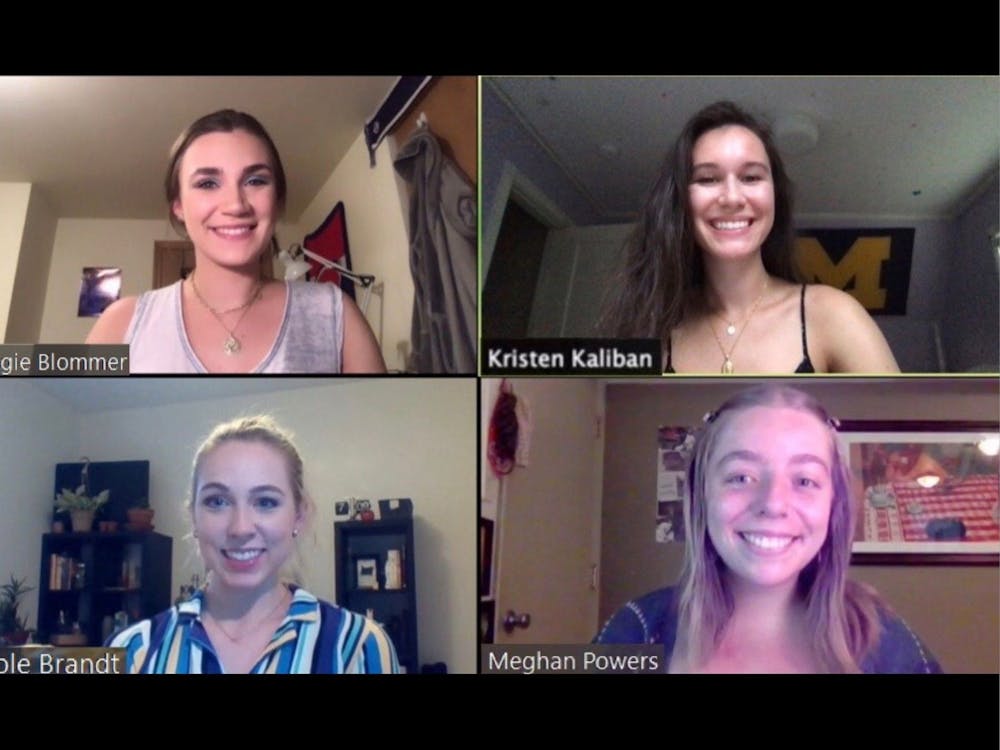Universities all over the country are implementing new Title IX regulations issued by Education Secretary Betsy DeVos in May. It officially went into effect on Aug. 14. These final regulations on sexual misconduct in education are meant to bolster due-process protections for accused students while relieving schools of some legal liabilities, Devos has said.
While the 2,000-page document emphasizes “equitable” treatment and the presumption of innocence, critics say the federal changes give too much power to the accused, and may deter sexual assault survivors from coming forward and could retraumatize those who do report their assaults.
Some of the many changes include new procedures for the cross-examination of complaining and responding parties, a narrower definition of sexual harassment and new protocols for incidents that happen off-campus and on studies abroad. Additionally, schools have been given the choice to determine whether to use a “preponderance of the evidence” or “clear and convincing” standard as the burden of proof in all cases. Although all of the federal changes do affect Title IX, UP may use their own conduct code to decide whether or not to address a complaint.
“We're really trying to be as consistent as possible with how UP had their policies and practices before the changes,” said Sandy Chung, vice president for human resources and Title IX coordinator. “We're not trying to do Title Nine correctly, just so we don't get sued. We do it because this is a core value of the University.”
These new regulations are a complete reversal of Obama-era rules that required schools to increase their investigations of misconduct and sought to protect victim rights first and foremost.
Under the Obama administration, the standard burden of proof was “preponderance of evidence,” meaning the burden of proof is met when the fact finder is convinced that there is a greater than 50% chance that the claim is true.
The new “clear and convincing” standard requires a higher burden of proof, that the evidence being presented must be “highly” and substantially more probable to be true rather than untrue. The University has chosen to continue using the “preponderance of evidence” standard in all cases, as noted by Chung that they’re aiming to stay as consistent as possible.
Another reversal of Obama-era rules are the changes to the definition of sexual harassment. Previously, the definition was “severe or pervasive”, but the final regulations issued by Devos change this to “severe, pervasive, and objectively offensive.” There are concerns that this narrower definition will make it more difficult to prove a complaint of sexual harassment to be true, as it discourages complaints if a harassing incident occurs only once.
The new regulations also now allow for the cross-examination of both the accuser and the respondent when the case is taken to a formal Title IX hearing. At UP, students have an option to avoid formal hearings and cross examinations all together when making a complaint by taking an informal route that may lead to a resolution between the complainant and the respondent. If, however, they do choose the formal route, UP students will come up against the cross-examination process.
“The cross examination requirement comes into play near the end of the process, and there are some situations that may be resolved by agreement of all the parties (i.e., the informal resolution process),” Chung said.
Critics have said that this won’t create a more equal judicial process, but will instead re-traumatize survivors.
“That's just putting [survivors] in a situation where they're going to be retraumatized and it just seems like it gives a lot of power back to the perpetrator,” said Kristen Kaliban, co-president of Students Against Sexual Assault (SASA) at UP.
Meghan Powers, the other co-president of SASA, expressed concerns that the prospect of the cross examination process will deter students from coming forward.
“If your cycle is inherently a cycle of re-traumatization, how can you expect a survivor to come forward?” Powers said. “I would almost say that there's no survivor that would be ready for [cross examination] within the first six months to a year. I mean, everyone's different, but it's not hard to believe that this would take people years to be ready for.”
The regulations also removed some of the liability on universities by only obligating them to respond to reports of sexual harassment and assault that occurred off-campus if the location is in use by an officially recognized student or institution organization, such as athletic housing. However, the UP Title IX department will still hear these types of complaints as they are considered unacceptable under UP’s own policies and values.
Similarly, if a Title IX coordinator receives multiple informal complaints of harassment against a single respondent, they are not required to begin a formal complaint process under the new Federal regulations. However, UP would consider this a violation of their community guidelines and would hear complaints on the subject.
When it comes to complaints that occur during studies abroad, the federal Title IX regulations and related UP policy may not be applicable because the federal regulations don’t apply to situations that occur outside the US. However, UP has other policies, as well as other non-federal regulations, that are applicable. In this case, the University may address the conduct and hold a hearing under the University's Student Code of Conduct, rather than Title IX. This means that if any type of complaint does not meet federal Title IX standards, oftentimes the University will have its own policies and codes that will allow for the case to be heard, by the Title IX team, Residence Life, Human Resources or other organizations on campus.
Despite all of the federal changes, the University is committed to listening to any complaint brought forth by students.
“If a UP student experiences sex or gender related harassment, misconduct, or violence anywhere – on campus, off campus, during studies abroad – the Title IX team will provide support and resources and conduct the investigation consistent with UP’s policies and practices,” Chung said.
When creating this new set of rules, the Education Department received input from survivors, advocates, schools, and falsely accused students, totaling over 124,000 public comments. However, UPs own Title IX department did not feel like the administration heard them.
“They said they were going to receive all these comments, especially from universities and Title IX offices, but it doesn't feel like they really took our experience with this work seriously,” Chung said. “I don't know if that was surprising, but it was disappointing.”
In particular, it seemed as though these new regulations were not trauma-informed.
“I think we’re always really mindful about trying to lessen or not add to the trauma of survivors, but any process whether it be Title IX, or if someone chooses a law enforcement process, it's never going to be easy,” Chung said. “So we're always really concerned about trauma, and trying to be really trauma informed.”
Powers expressed similar concern for the trauma that the new rules may cause. She agreed that the worries of survivors and advocates seemed to fall upon deaf ears in Devos’ office.
“For the majority of people, instances of assault on college campuses are one of the first traumatic things that's ever happened to them,” Powers said. “And obviously that's not for every survivor, but what makes [Devos] think she can discount these experiences?”
To help keep the UP communities’ trust in the Title IX process despite all of the national changes, the University has taken a step towards transparency by releasing the data pertaining to reported Title IX violations for the 2018-2019 and 2019-2020 academic years. The report details that for the combined academic years, the University’s Title IX Office received about 100 reports involving a UP student as a reporting party and a UP student as a responding party. The 100 matters involved concerns ranging from sex or gender related harassment, misconduct and violence.
“I think sometimes people will say, it's not worth it to go to Title IX, because nothing is going to be done, but I would say the data that we've provided very much shows otherwise,” said Chung. “It shows the University takes these situations very seriously and we will always try our best to address every claim that is brought to us.”
Mia Werner is a reporter for The Beacon. She can be reached at wernermi22@up.edu.








